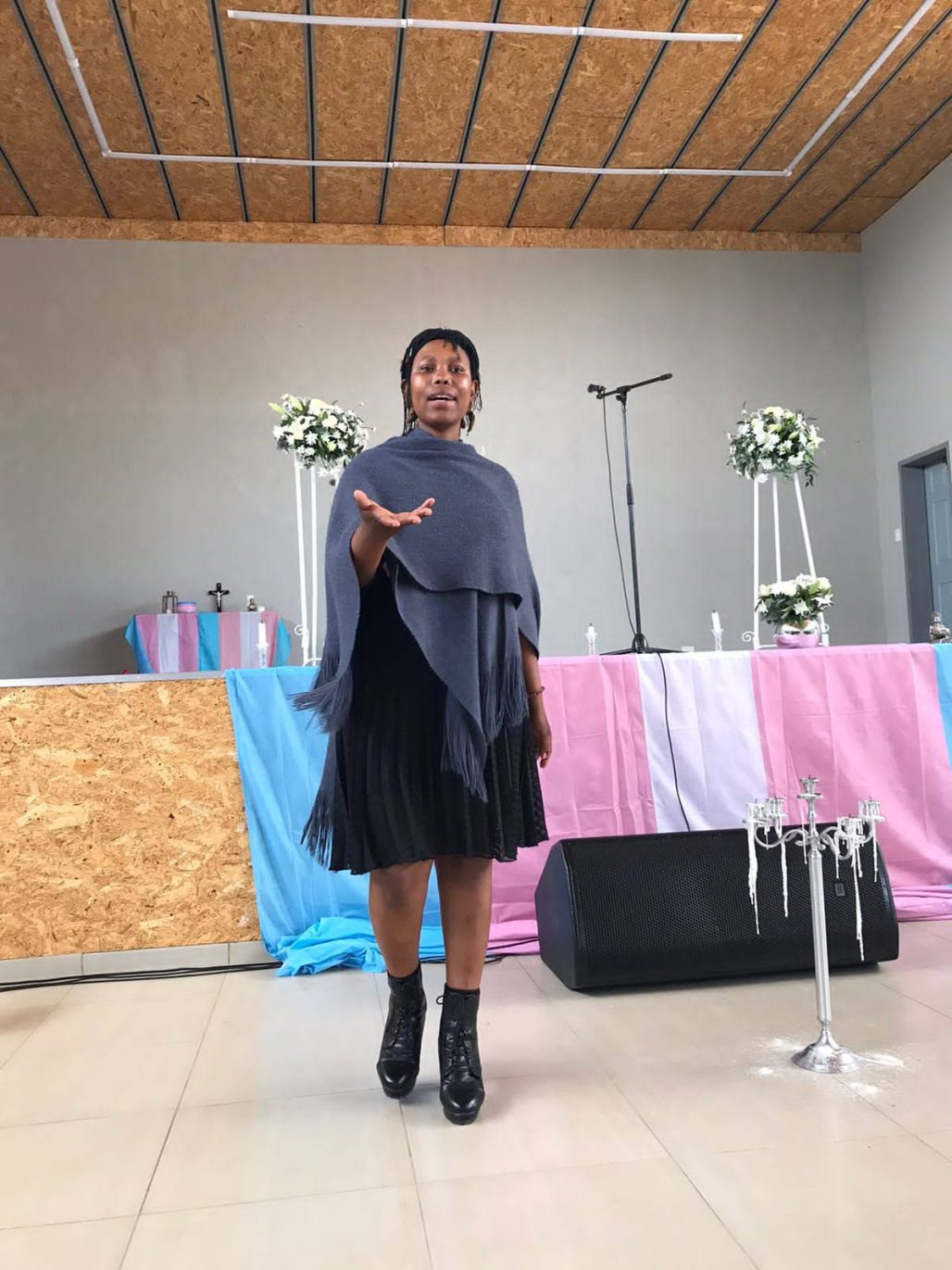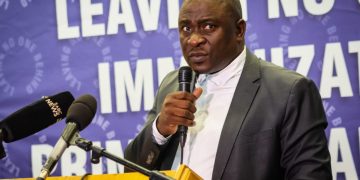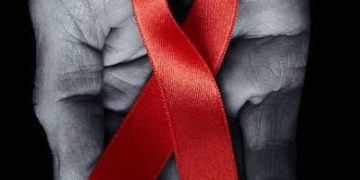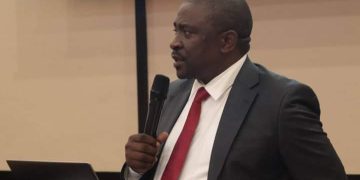
“Growing up, I didn’t even have the language to describe who I was,” says Sphe Masiu, a proud intersex individual from Mafeteng. Today, they work as the office administrator at Intersexions.org and is one of Lesotho’s most visible intersex activist, helping shift national conversations about identity, dignity, and human rights.
Raised in a deeply religious, rural village surrounded by rigid cultural norms, Sphe’s early life was marked by deep confusion and isolation. “As an intersex child in a Christian family, I never quite fit in. I didn’t know whether to play with boys or girls. I kept to myself because I couldn’t explain what I was going through — even though I didn’t understand it myself.”
That silence was broken in 2018, when a hospital visit and a routine blood test revealed what had long gone unnamed: Sphe was intersex. “It was a turning point,” they recall. “From there, I began counseling, and finally started to understand myself — my body, my identity, and my rights.”
While Sphe had lost both parents by then, they found a pillar of strength in their siblings. “They supported and accepted me in ways I never imagined. Even the community, which used to isolate me, started to show signs of openness. I’m not sure if it’s full acceptance or just tolerance — but I can walk freely around my village without fear now.”
Despite progress, Sphe continues to face challenges. One of the most persistent is intersexphobia within public institutions. “Because my documents say ‘male,’ I’ve been denied healthcare, had trouble opening a bank account, and even faced problems while traveling. I’ve had to prove countless times that my passport belongs to me.”
Still, it’s the support system Sphe has built over the years that fuels their strength. From counseling sessions to connecting with The People’s Matrix Association of Lesotho and joining intersex support groups, they found solidarity, understanding, and most importantly — family. “Meeting others like me gave me a sense of belonging. I wasn’t alone anymore.”
For those unfamiliar with the term, Sphe explains: “Being intersex means being born with natural variations in sex characteristics — like chromosomes, hormones, or anatomy — that don’t fit the typical definitions of male or female. It’s just part of human diversity, like different skin tones or heights.”
But public misconceptions persist. “Many people confuse intersex with transgender. But intersex is about biology — how someone is born. Transgender relates to gender identity — how someone sees themselves. They’re different, and not all intersex people are transgender or nonbinary. We each have our own unique experiences.”
Respect, they say, is the most important principle. “People should stop asking invasive questions about our bodies or medical history. Use our pronouns. Talk with us, not about us.”
Today, Sphe is seen by many as the face of the intersex rights movement in Lesotho — a role they accept with humility. “It’s an honor and a responsibility. It means being visible for those who can’t yet speak up. But this isn’t just about me — it’s about all of us, united for dignity and equality.”
Their activism began simply — by sharing their story. “I saw how silence was hurting people. I wanted to change that. Advocacy became a way to turn my pain into purpose.” Through Intersexions.org, Sphe now works to achieve legal recognition, push for inclusive healthcare, and end non-consensual surgeries on intersex children. Education, they believe, is key — not just for families, but also for schools, health workers, and institutions.
When asked about the role of media, Sphe is hopeful but cautious. “We’re seeing improvement, but there’s still a long way to go. Media needs to give intersex people space to speak for ourselves. Representation matters — and it can transform how society sees us.”
They also believe that men and young people can play a major role in supporting intersex equality. “When men speak up for us, it sends a powerful message. And young people have the power to shift culture, challenge stereotypes, and build an inclusive future.”
This year, Sphe is leading a powerful initiative — hosting Lesotho’s Intersex Awareness Day. The event is designed to bring intersex stories home, creating space for visibility and education at the grassroots level. “Our theme is ‘Visibility, Autonomy, and Equality.’ We want people to understand that intersex people deserve to be seen, respected, and in charge of decisions about their own bodies.”
The event is open to all — students, families, healthcare providers, and allies — and will include discussions, performances, and artistic expression. “We’re using local languages and creating safe spaces for dialogue. The goal is for everyone to leave with more understanding — and more compassion.”
Sphe hopes the impact will be lasting. “I want people to recognize that intersex people are already part of their lives — in their families, schools, and communities. We’re not invisible. We’re right here.”
Looking to the future, Sphe has clear goals: “We need policies that protect intersex children from unnecessary surgeries. Healthcare that respects our autonomy. Education systems that include intersex awareness. And full recognition of our rights as human rights.”
To intersex youth who may still feel afraid, Sphe offers a powerful message: “You are not alone. Your body and identity are valid. Find people who support you — and take pride in who you are.”
So what legacy does Sphe hope to leave behind? “A Lesotho where intersex people live freely and safely. Where no one is made to feel shame for how they were born. I want the next generation to be free to just be — without having to fight for recognition.”
And what does visibility mean to them?
Visibility means being seen, respected, and valued for who you are. It’s about breaking silence and building understanding. We can all be part of creating a more accepting Lesotho — by learning, listening, and leading with love.



